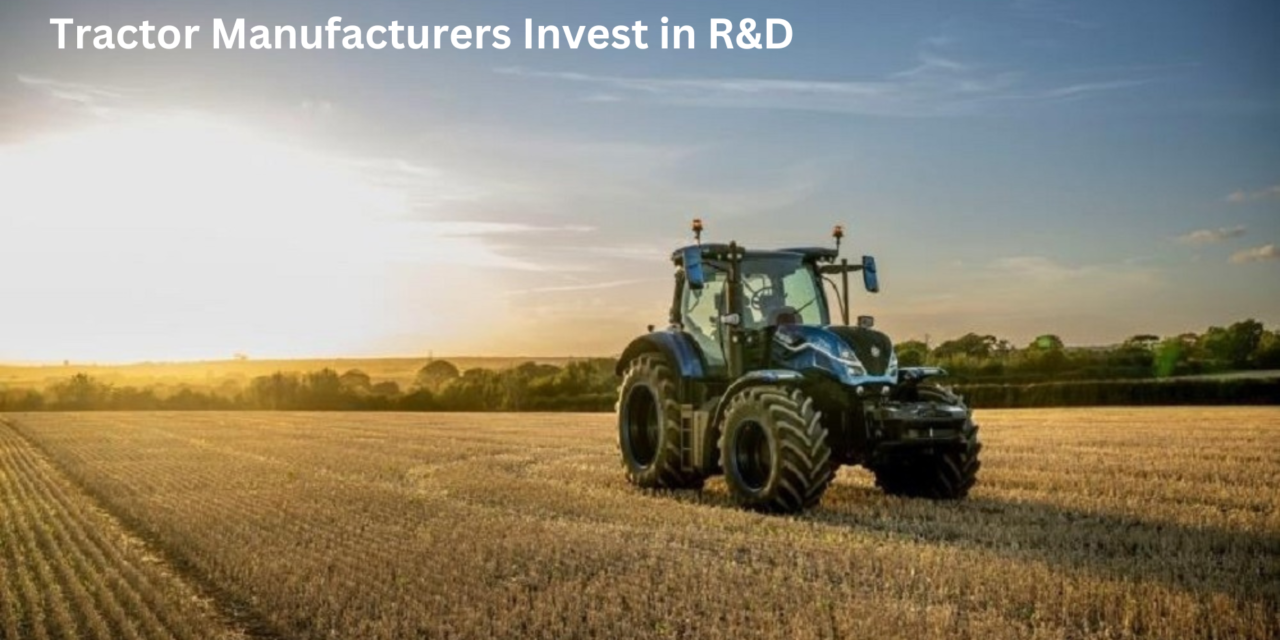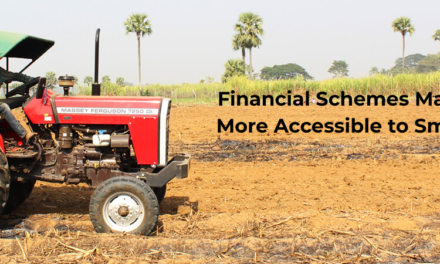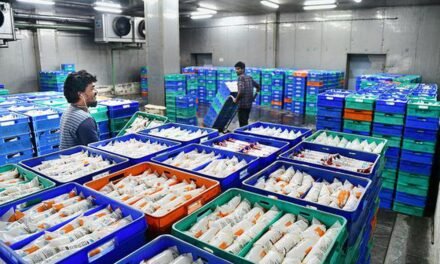Tractor manufacturers are increasingly investing in Research and Development (R&D) to develop sustainable solutions, aligning with the global push for eco-friendly and efficient agricultural practices. With growing concerns about climate change, resource scarcity, and rising operational costs, the focus is on creating next-generation tractors that minimize environmental impact while maximizing productivity. Leading companies are channeling resources into developing electric tractors, hybrid models, and tractors powered by renewable energy sources such as biofuels and hydrogen, offering farmers cleaner and cost-effective alternatives to traditional diesel-powered equipment.
One major area of innovation is the development of electric tractors that operate with zero emissions, significantly reducing the carbon footprint of farming operations. Powered by advanced lithium-ion batteries, these tractors offer lower running costs, quieter operations, and minimal maintenance, making them both economically and environmentally viable. Additionally, manufacturers are exploring solar-powered tractors and hydrogen fuel cell technology to further diversify sustainable options.
Beyond alternative fuels, manufacturers are integrating precision farming technologies such as GPS-enabled auto-steering, IoT sensors, and real-time data analytics into their tractors. These innovations allow farmers to optimize input usage—like seeds, water, and fertilizers—while reducing resource wastage, thereby enhancing both economic and environmental sustainability. Autonomous tractors are another breakthrough in R&D, enabling automation of tasks such as plowing, seeding, and harvesting with high precision, improving efficiency, and addressing labor shortages.
Collaborations between tractor manufacturers, research institutions, and Agri-Tech startups are accelerating advancements in AI-powered solutions, remote monitoring systems, and smart implements designed to work seamlessly with modern tractors. Moreover, the integration of telematics and predictive maintenance technologies helps minimize downtime and improve operational efficiency, adding value for farmers.
Governments are supporting these sustainable efforts by incentivizing R&D through subsidies, grants, and favorable policies, encouraging manufacturers to develop affordable solutions suitable for small and marginal farmers. By combining innovation with sustainability, tractor manufacturers are paving the way for a cleaner, smarter, and more efficient future in agriculture. These sustainable solutions not only help farmers improve productivity but also contribute to achieving global climate goals and ensuring long-term food security.









